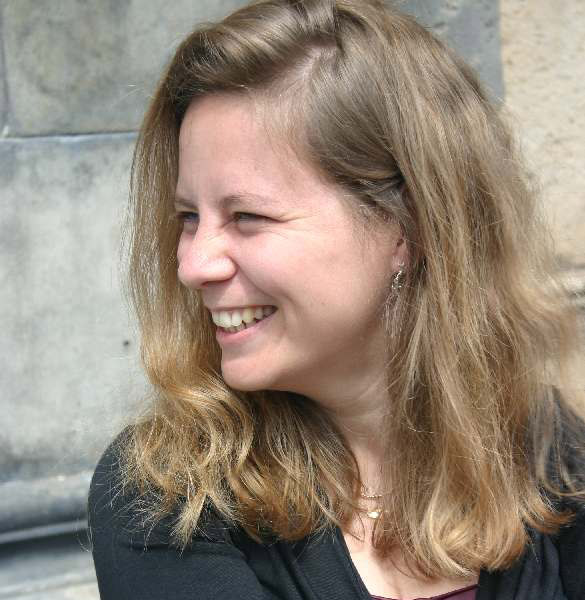Els Peeters – Professor

Credit: Western University
- Quote: Persevere. Do what you really like, work with the people you really like, and have fun.
- Studies:
- M.Sc. in physics, Catholic University of Leuven
- M.Sc.in astronomy, Free University of Brussels
- Ph.D. in astronomy, University of Groningen / Netherlands Institute for Space Research
- Job title: Professor in the Department of Physics and Astronomy at Western University and research scientist at the SETI Institute in California
- Employer: Western University
What is your connection to the James Webb Space Telescope?
I am co-Principal Investigator of one of Webb Early Release Science programs: "Radiative Feedback from Massive Stars as Traced by Multiband Imaging and Spectroscopic Mosaics." I am on the James Webb Space Telescope (JWST) Users Committee and the Organizing Committee for the JWST Master Class Workshop.
What part of the Webb mission are you most excited about?
I am totally biased here; I am absolutely thrilled about the observations of the Orion Nebula that Webb will take for our Early Release Science program.
Due to its much-improved instrumental capabilities, Webb will chart unknown territories, and thus will, beyond any doubt, make numerous new scientific discoveries. With respect to my research area specifically, we can rightfully expect that Webb will revolutionize the field due to its perfect instrumental match to the scale of our scientific requirements.
What is the best part of your job?
The best part of my job is when I can work on my research and play with the data myself in order to figure out how the different emission bands behave and to solve a piece of the puzzle. I am happy to say I still feel like a kid who's playing in the sandbox when I can get my hands dirty with the data.
Another aspect I enjoy is having scientific discussions on the interpretation of the results, in particular when junior researchers/students actively participate. It is very satisfying to see a student grow from when they first started doing their research with limited background to the stage where they come up with their own ideas and interpretations.
How did you choose your career path?
In high school, I loved science courses and in particular physics. I was fascinated by the fact that a plane could stay in the air, so I enrolled in a physics program in university. There, some of my friends were active amateur astronomers and got me enthusiastic about astronomy, so I chose to continue in astrophysics.
What advice would you give young people interested in going into space science?
Talk to your teachers/professors/science friends to broaden your horizons and become familiar with the various activities/topics in space science, and to actively seek out different research areas and opportunities.